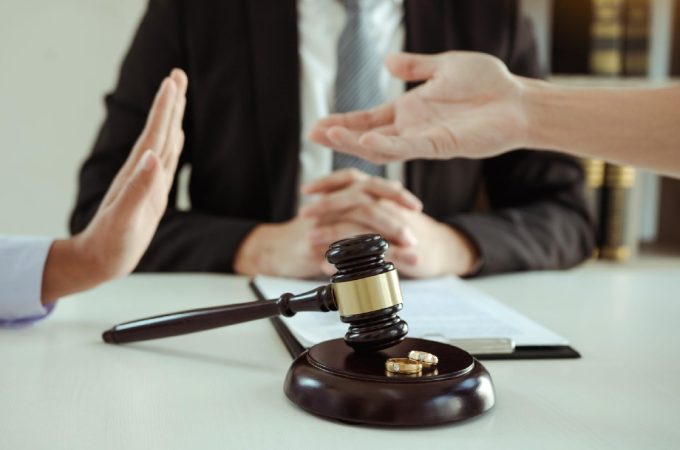
Standard Elements of Negligence In Personal Injury
Negligence is one of the most common factors that affect a personal injury case from the accident point to the court; the at-fault party’s negligence is the reason for all your losses. However, when you file for a claim, you need to prove that the at-fault party was negligent at the time of the accident. Whether in a road accident or a premises liability case, the victim and their lawyer must provide solid evidence to the court justifying their injuries resulting from the other party’s ignorance.
Nevertheless, the insurance company does not make it any easier for you to acquire your claim. Since personal injury claims have high compensation, most insurance providers want to avoid paying the victim. However, with an experienced personal injury lawyer by your side, the insurance company will not try to manipulate or trick you into their usual tactics.
Standard elements of negligence in personal injury
- The defendant was liable for duty of care towards you.
This might be a truck concept for some workplaces to understand. Some people might owe you a duty of care in certain situations to places. These people are liable to ensure that you or any other perks are not harmed by their actions. For example, if you are driving on the road and have an accident with a truck driver. If the truck driver’s negligence caused the accident, you could sue the truck driver for it. However, the truck driver owes you the duty of care while driving on the road.
This means the truck driver has to follow specific rules to ensure the other drivers around them are safe. Remember that not everyone owes you dirty care, so make sure you talk to a lawyer before taking action or filing a claim against someone. If your claim is incorrect, you might not get any compensation and will have to pay the penalty for causing inconvenience to the other party.
- Causation
Causation is a term that determines the cause of the defendant harming or injuring you. However, to determine whether there is a cause for the defendant to hurt you, you must ask yourself whether you have been hurt if it was for the defendant’s reason. If the answer is no, you cannot file a case against them.
Another thing that you should consider in causation is whether the hurt or injuries were foreseeable in the accident. This means whether or not the defendant saw those injuries before taking those actions.





